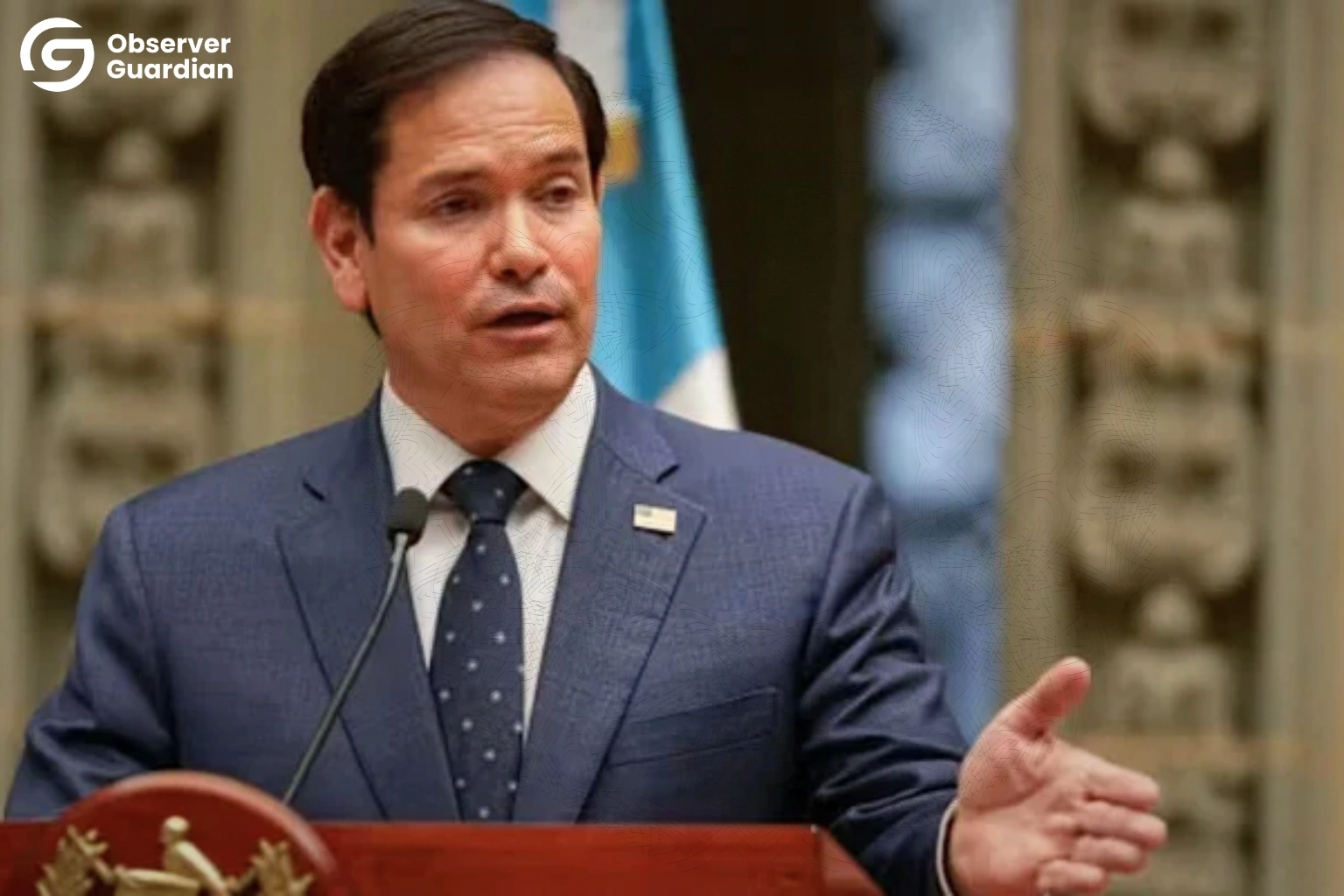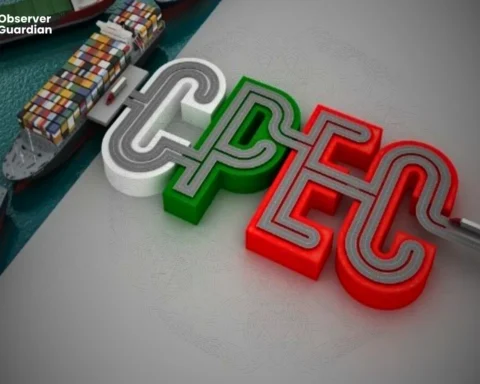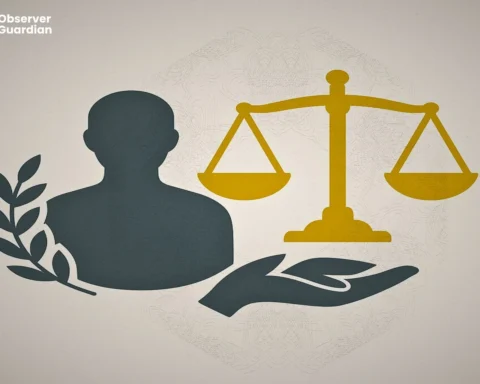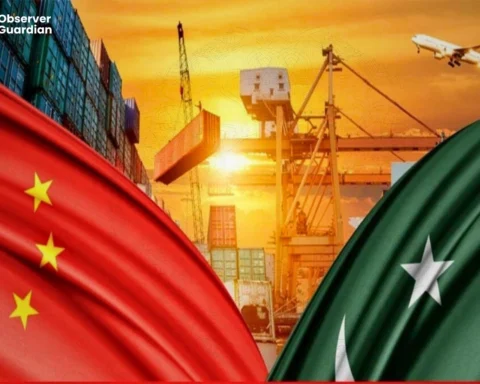U.S. Secretary of State Marco Rubio has warned that the recent resolution passed by the Israeli Parliament to annex the occupied West Bank poses a serious threat to ongoing peace efforts in the Middle East. According to reports from The Guardian and The Observer, Rubio stated that such political moves could undermine years of diplomatic work aimed at stabilizing the region and securing a lasting peace agreement.
Speaking ahead of his official visit to Israel, Secretary Rubio emphasized that the annexation plan jeopardizes the fragile Gaza peace deal initiated under President Donald Trump’s administration. He said that the U.S. continues to support dialogue and restraint, urging all parties to act with caution to preserve the progress made so far.
Foreign media reports note that Rubio also revealed that several nations have expressed readiness to participate in an international peacekeeping force for Gaza, should such an initiative move forward. The Observer highlighted that this development reflects growing concern among global powers about the potential escalation of tensions in both Gaza and the West Bank.
According to diplomatic sources cited by The Guardian, Rubio’s remarks were intended to send a clear message to the Israeli leadership: any unilateral decision to annex occupied territories could isolate Israel internationally and endanger its alliances with Western partners.
Rubio is expected to arrive in Israel today, where he will hold meetings with top Israeli officials to discuss regional security, the humanitarian situation in Gaza, and future cooperation under the U.S. Israel strategic partnership.
The White House has also reiterated its stance on the issue. President Donald Trump recently rejected Israel’s earlier declaration that sought to formally absorb parts of the West Bank into its territory. The President stated that the United States “will not allow such steps to undermine peace,” reaffirming Washington’s commitment to a two-state solution.
The Guardian described Rubio’s statement as a “critical moment in U.S. foreign policy,” reflecting a rare point of contention between Washington and Tel Aviv over settlement expansion and territorial sovereignty. Analysts suggest that Rubio’s firm tone signals an effort to balance American support for Israel with the need to preserve diplomatic credibility across the Arab world.
Observers believe that if the annexation plan proceeds, it could trigger renewed violence and derail existing negotiations that aim to bring stability to Gaza and the West Bank. The Observer noted that both European and Arab governments are closely watching Rubio’s visit, viewing it as a test of how far the United States is willing to go to restrain Israeli policy.
As tensions rise, international attention now turns to Rubio’s meetings in Jerusalem, where his diplomatic approach may determine whether the fragile peace framework survives or collapses under growing political pressure.







